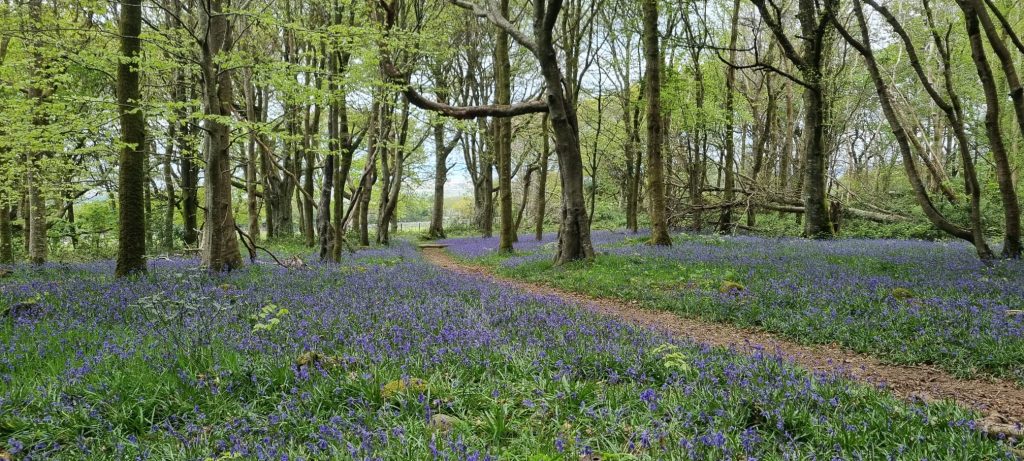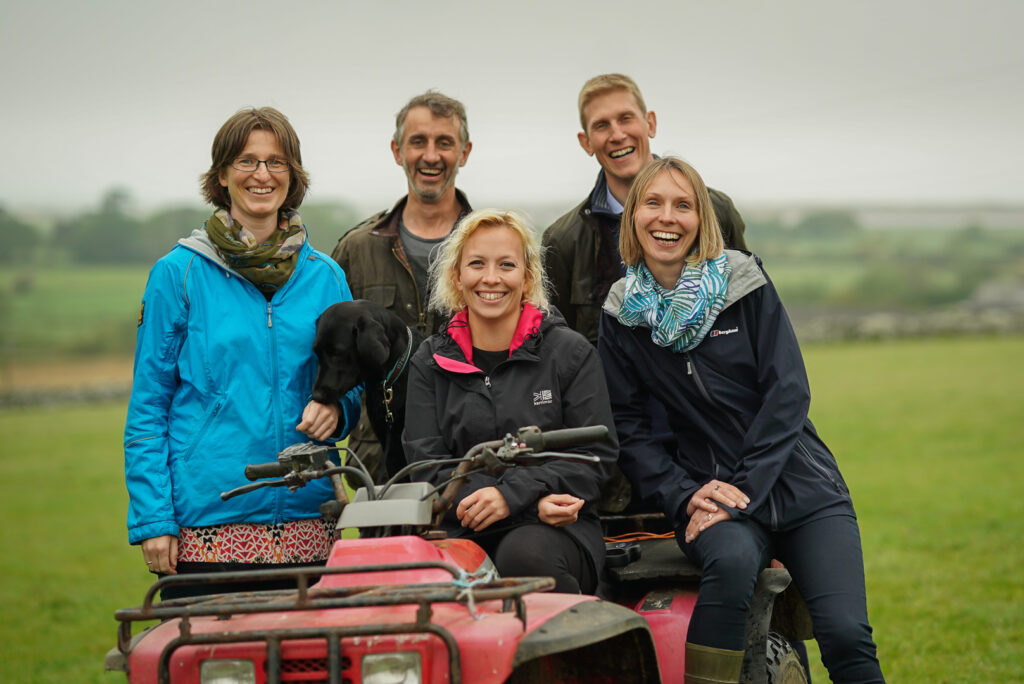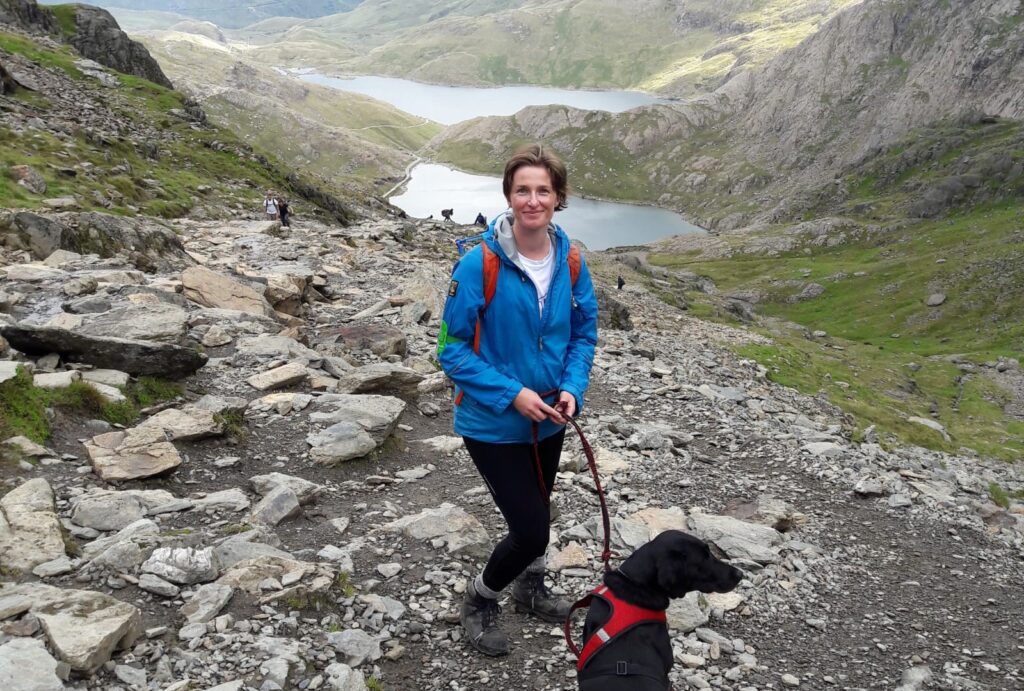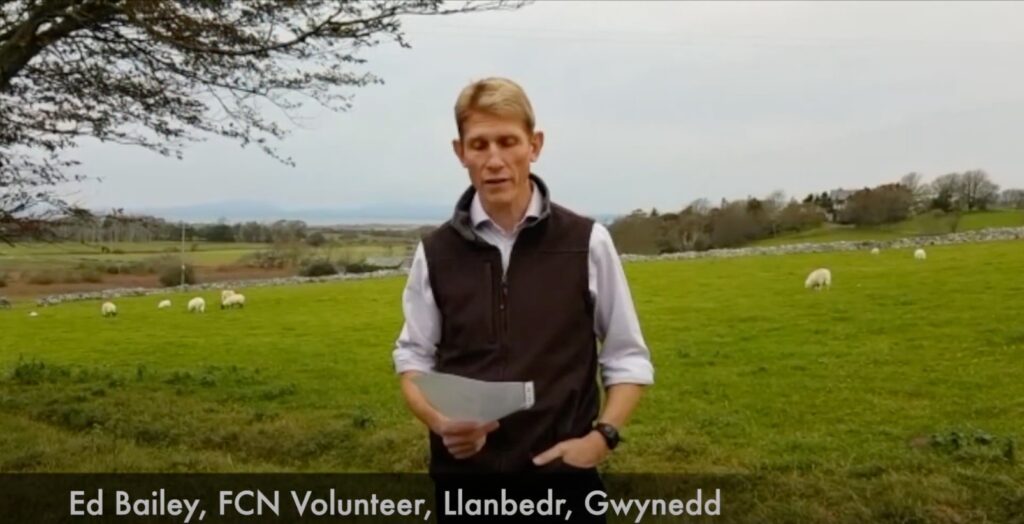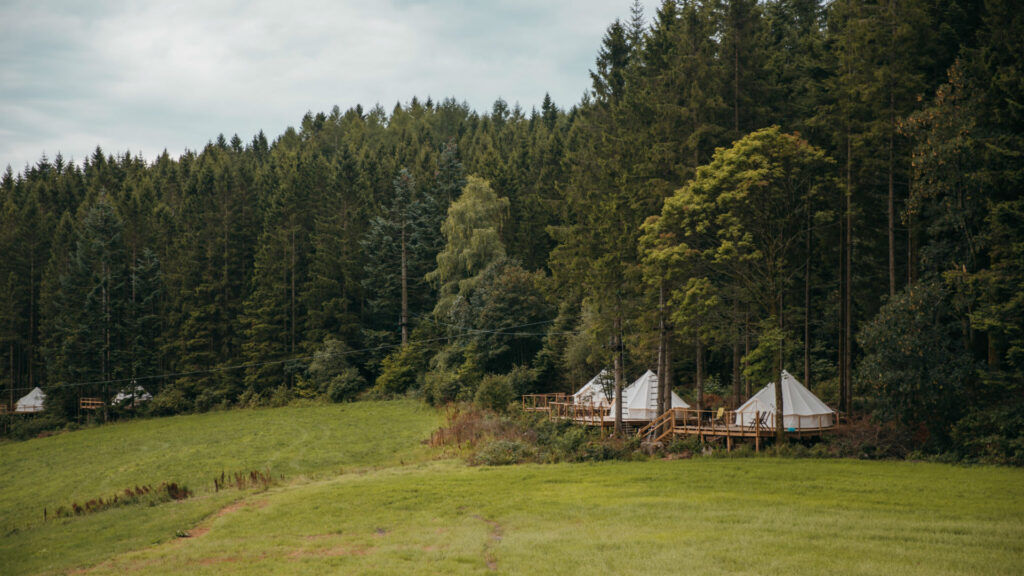Jodie, one of our senior surveyors, spent an afternoon in one of Eryri’s (Snowdonia’s) Celtic rain forests. The event was organised by the Woodland Trust to inform attendees about the Ancient Tree Inventory and what is required to record local ancient or veteran trees.
Ancient and veteran trees are a vital part of the forest ecology and compared to their younger rivals they deliver greater environmental benefits, whether this is carbon capture, habitat creation or being a mature part of the wood wide web.
Additionally there are benefits for farm owners and occupiers in having a tree listed on the Ancient Tree Inventory. For those who have existing tourism and leisure interests or wish to diversify, then having a recorded tree on the Inventory is worthy of recognition. Arguably, trees that have 500 plus years of history have seen so many things that could be used to create a colourful story.
In addition to ancient or veteran trees you may be the owner of a notable tree? Notable trees are usually mature trees which may stand out in the local environment because they are large in comparison with other trees around them. They don’t have any obvious veteran characteristics, but may be taller than ancients and fatter than some veterans. In parts of the UK, where trees are less common, a tree may be relatively small and young but notable because of its significance in its local environment. Notable trees are also worthy of recognition and can be potential, next generation veteran trees.
We consider that there are natural capital benefits of tree recording including the potential to use the information on the record for trading biodiversity net gain and other ecosystem services that the tree is delivering.
Gathering data such as that collected by the Ancient Tree Inventory is vital for many Government grants or private trade contracts. It is important to account for what exists on the land and what benefits proposed changes will deliver. For biodiversity net gain, one might record the presence of existing trees in a woodland, and then encourage the introduction of livestock grazing to help generate new growth and other biodiversity improvements.
The Woodland Carbon Code is currently only available for new planting but this may change in the future to help support existing woodlands and recognising the delivery of carbon sequestration that an existing established woodland delivers.
Existing woodlands will become increasingly important as green prescriptions are on the rise. A Green prescription is the term used for health interventions given by health professionals encouraging patients to spend time in green spaces – for example walking through an ancient woodland. We envisage that as the demand for green prescriptions increases, farm owners or organisations that are delivering green activities (or providing private green spaces) which benefit patients could generate a source of income. Organisations such as Coed Lleol are at the forefront of the use of green spaces for well-being activities.
We are also finding that the proximity of woodlands to people can make them attractive as private business look to invest in Environmental, Social and Governance (ESG) factors. An employer may choose to invest in a wood within close proximity to their premises for their employees to enjoy for lunchtime walks, corporate days and team building. A business investing in ESG can benefit from carbon calculations as well as well-being benefits.
The grant landscape is constantly changing and is often focused upon new planting, however there are funding opportunities for existing woodlands through funds such as National Lottery’s Heritage Fund – The Woodland Investment Grant. This fund is focused upon improving access into woodlands but it can help with woodland management activities such as thinning.
Funders and policy makers are recognising the lack of investment in woodland management and so we do hope this will follow through to more support from public funds to recognise the ‘public good’ that comes from woodlands and other green spaces.
Baileys and Partners are helping a number of clients with their woodland and tree assets to both generate income from them and also enhance them. We are currently working with a client to deliver funded access through a significant woodland. We work with other professionals to ensure our clients have the collective expert advice necessary to add value to their land and property.
Don’t hesitate to give our team a call on 01341 241700 (email: enquiries@baileysandpartners.co.uk) if you would like to discuss the value of your natural capital assets.

